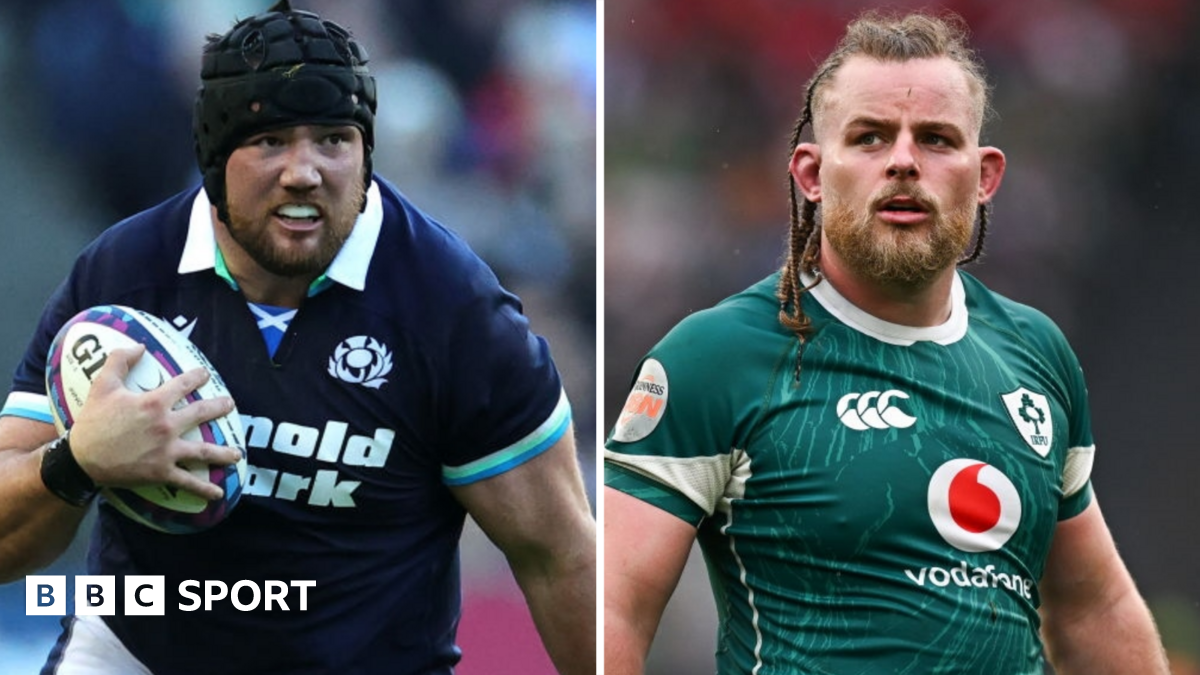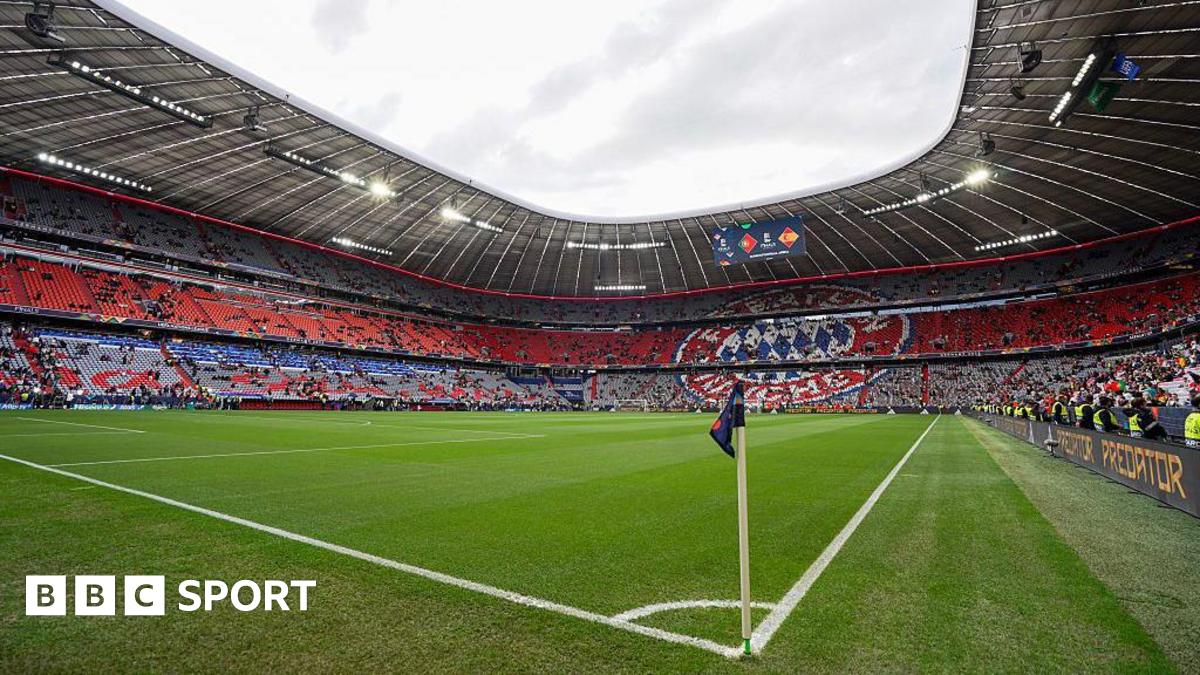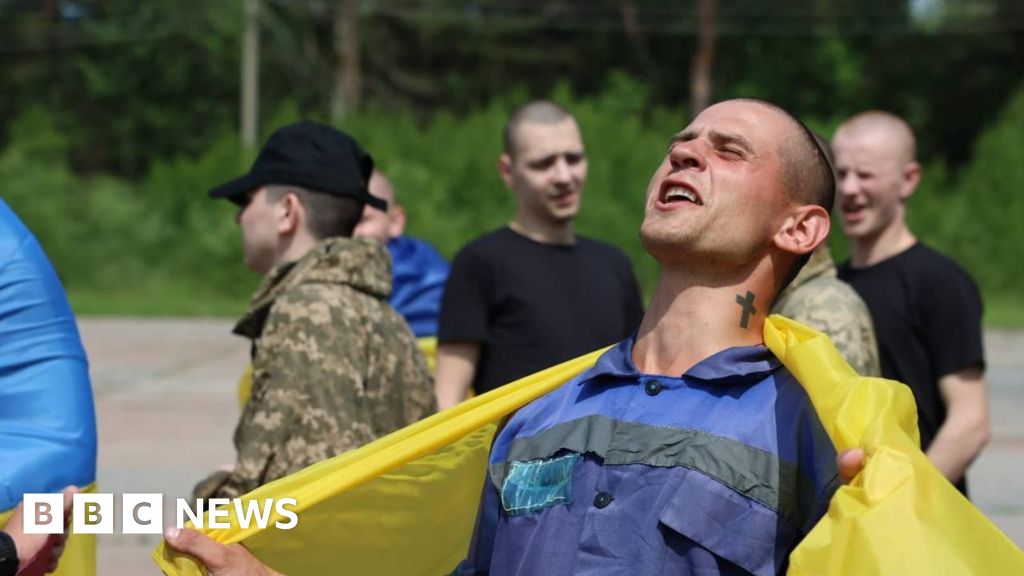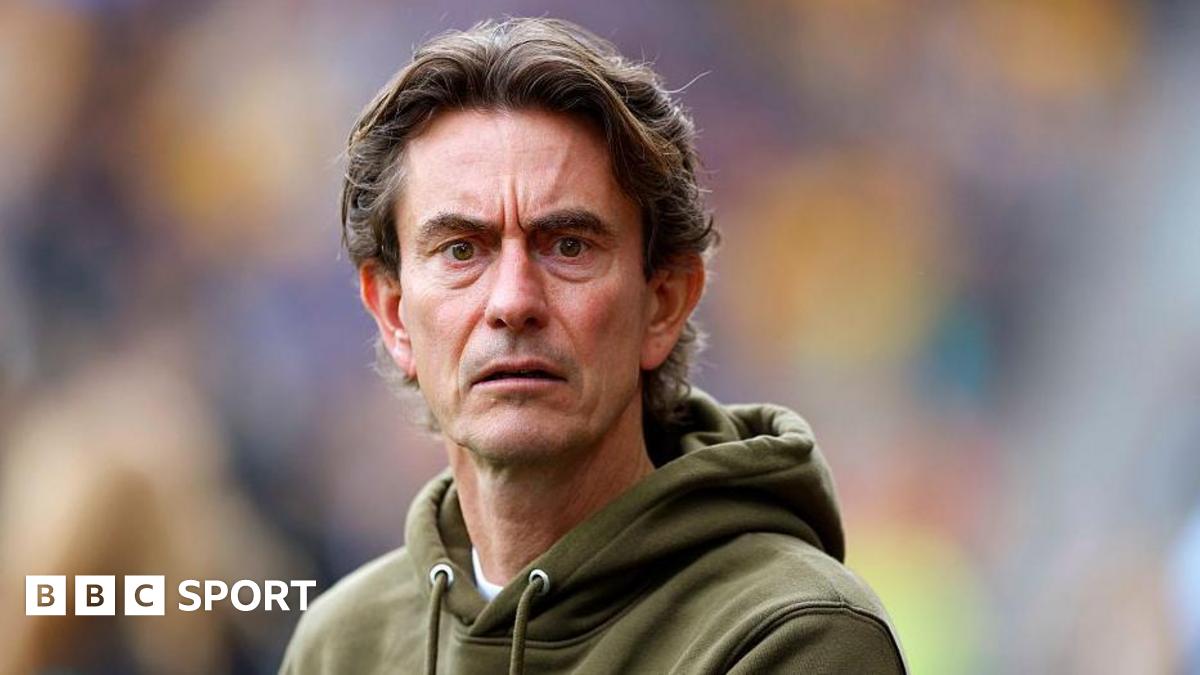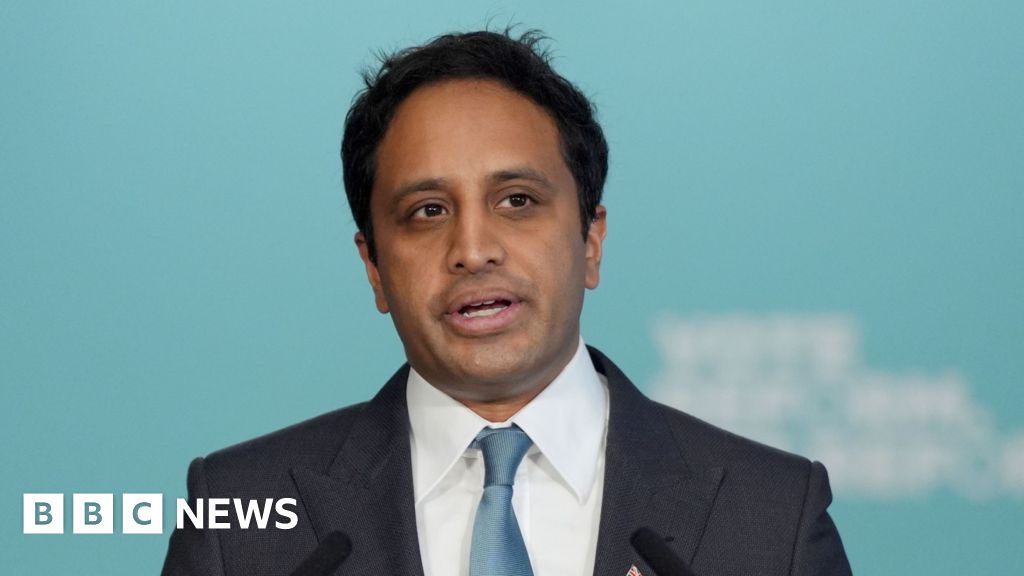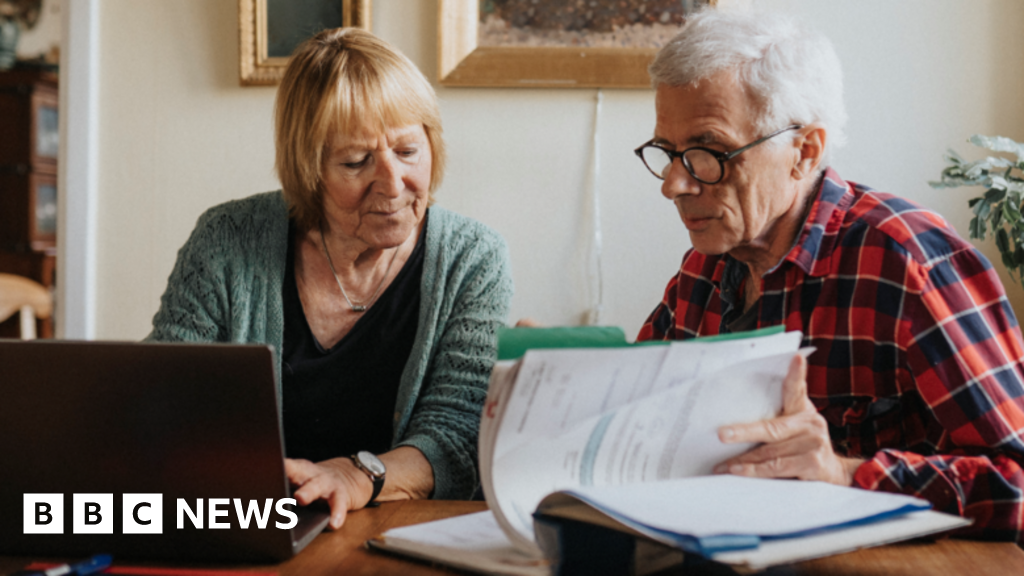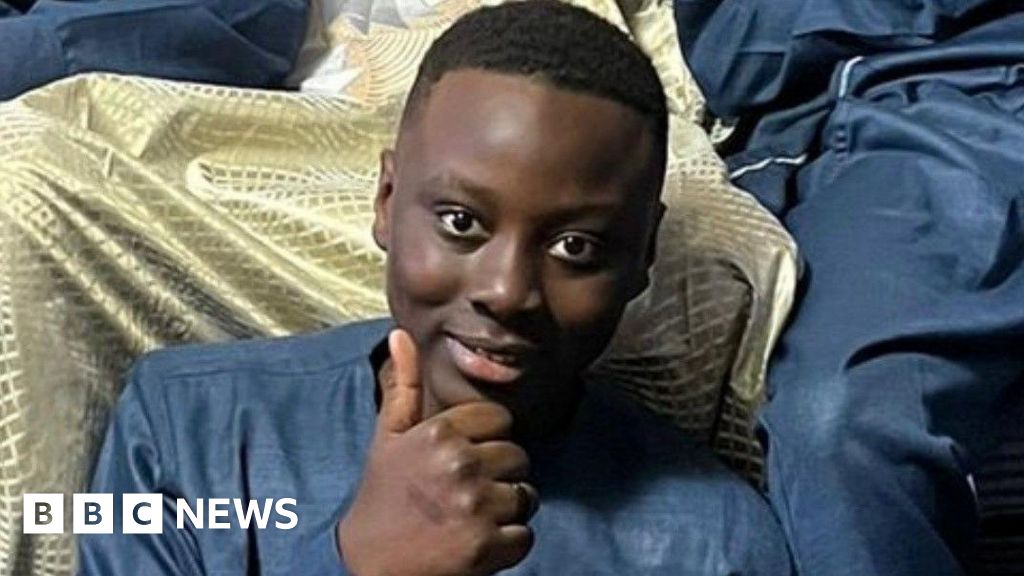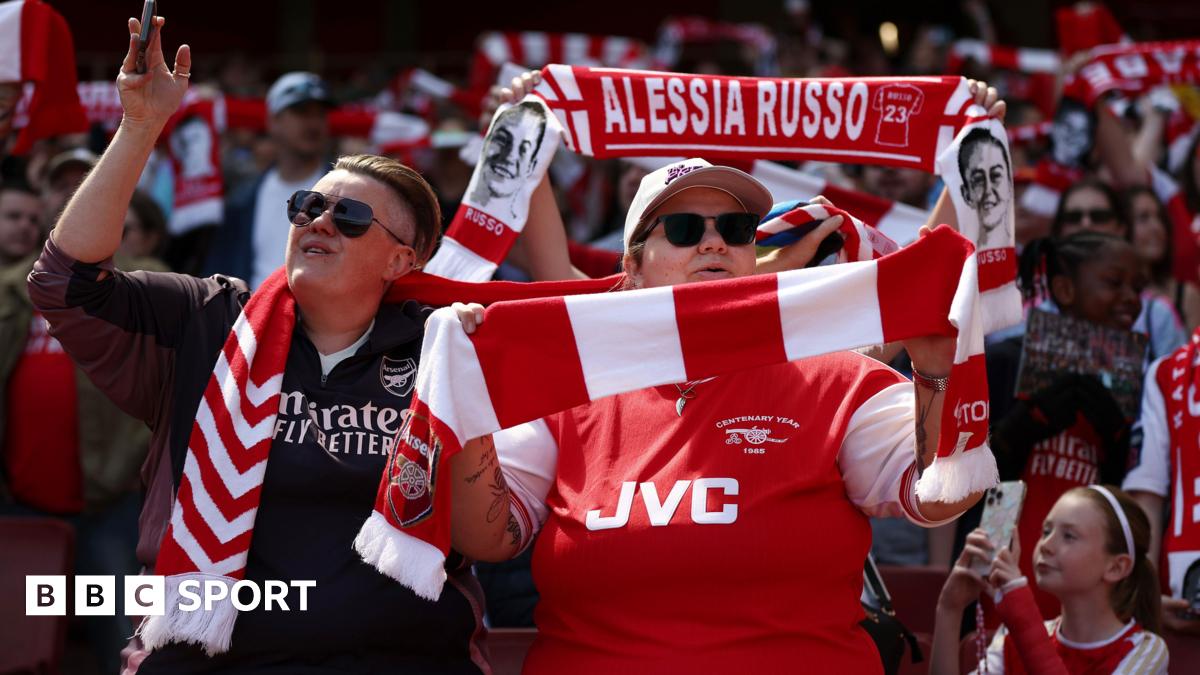Business reporter, BBC News
 Johner Images/Getty Images
Johner Images/Getty ImagesMore than three-quarters of pensioners will receive the winter fuel payment this year after Chancellor Rachel Reeves confirmed a major policy U-turn.
Nine million pensioners in England and Wales with an annual income of £35,000 or less will now be eligible.
The payment, worth up to £300 to help with energy bills during the coldest months, was paid only to those on pension credit last year.
The policy was widely blamed for Labour's poor local election results. Reeves said the government had "listened to people's concerns", but Conservative leader Kemi Badenoch called the change a "humiliating U-turn".
The reversal comes ahead of the government's Spending Review, details of which will be announced on Wednesday.
The government said the increased winter fuel payment threshold meant "no lower or middle-income pensioners will miss out".
"It will still be means-tested but at a higher level," Reeves said.
"Because of changes we've made and the stability we've brought back to the economy, we are able to increase that amount."
The chancellor said she would set out how the £1.25bn policy would be paid for in the autumn Budget, but added she would stick to her self-imposed borrowing rules.
The government has argued that as the economy is improving, it has more room to increase eligibility for the payments. It has said the policy change will "not lead to permanent additional borrowing".
However, while economic growth was better than expected in the first quarter of the year, most analysts expect it to slow in the months ahead.
The Treasury has said the change will not lead to permanent additional borrowing, but Paul Johnson of the Institute for Fiscal Studies said this implied "it will lead to permanent additional taxes (or just possibly permanent cuts to other bits of welfare)".
Eligible households with a person under 80 automatically receive £200 a year in November or December, while homes with a person over 80 receive £300.
The payments are halved if one household has two pensioners living together. If one of them has an income of more than £35,000 and the other earns less than £35,000, the higher-income pensioner will not receive any payment and the lower-income pensioner will receive half the payment.
Pensioners above the £35,000 annual income threshold, which the Treasury said was "broadly in line with average earnings", will have the payment automatically recovered or be able to opt out. This will apply to about two million people.
Bob Pritchard, 78, from Bath, told the BBC he earns £19,500 a year and believes he will now have his payment reinstated.
He says losing the money has had "a lot of impact", and caused "grief and heartache". He says the government's U-turn "will make a lot of difference".
The original cut to universal winter fuel payments last year had been estimated to save £1.7bn.
But concerns had been raised among charities and some MPs over the government's previous policy, particularly over those pensioners whose income was slightly too high to qualify, but were hit by the loss of the payment as energy costs remained expensive.
Charities welcomed the U-turn, but said more needed to be done. End Fuel Poverty Coalition coordinator Simon Francis said Reeves had "seen sense", but urged ministers to "focus on how it supports all households in fuel poverty".
Conservative leader Kemi Badenoch said: "This humiliating U-turn will come as scant comfort to the pensioners forced to choose between heating and eating last winter.
"Keir Starmer has scrambled to clear up a mess of his own making," she added. "The prime minister should now apologise for his terrible judgement."
Liberal Democrat leader Ed Davey says the government had "finally realised how disastrous this policy was", adding the "misery it has caused cannot be overstated".
'Ugly' spending review
The Resolution Foundation think tank said the U-turn would "create new complexity in the tax system, including a cliff-edge for those with around £35,000 of income".
"The reported savings of £450m will be reduced further by the cost of increased pension credit take-up as a result of the original policy, and the cost of administering the new means-test," added Alex Clegg, economist at the think tank.
The government said no one would need to register with HMRC or take any further action to receive payments, and pensioners who want to opt out will be able to do so through a system set to be developed.
In Scotland, ministers have already outlined a different policy. Those in receipt of qualifying benefits like pension credit would get the payment as before, while others would get £100.
The funds - which are limited to one payment per household - will be paid through a new Scottish Parliament benefit, which will not be ready until late 2025.
In Northern Ireland, Communities Minister Gordon Lyons said last year that funding constraints meant the Stormont government also had to change its rules.
He later said affected pensioners would receive of one-off payment of £100 to help with heating costs.
The confirmation that more people will receive winter fuel payments this winter comes ahead of the government's spending review, which will be announced on Wednesday.
The review will outline day-to-day departmental budgets over the next three years and investment budgets over the next four.
Whitehall insiders have told the BBC they expect it will be "ugly".
Reeves's position on ruling out borrowing for day-to-day spending and not raising taxes again has fuelled strong speculation that spending cuts will be made.



